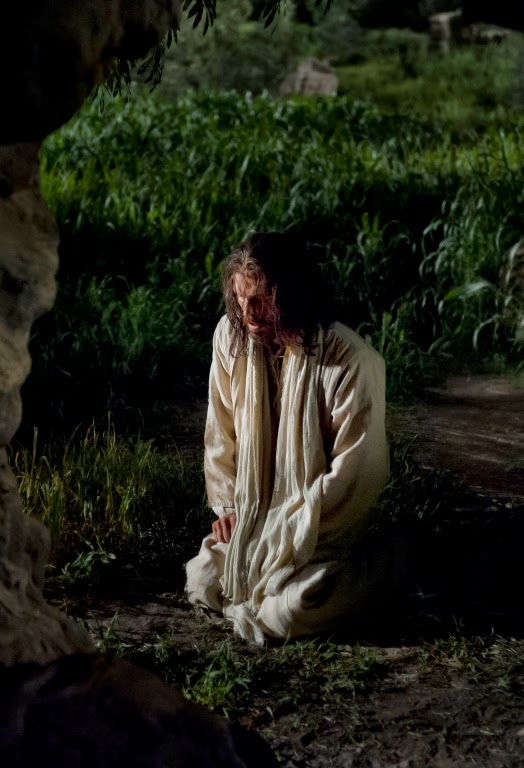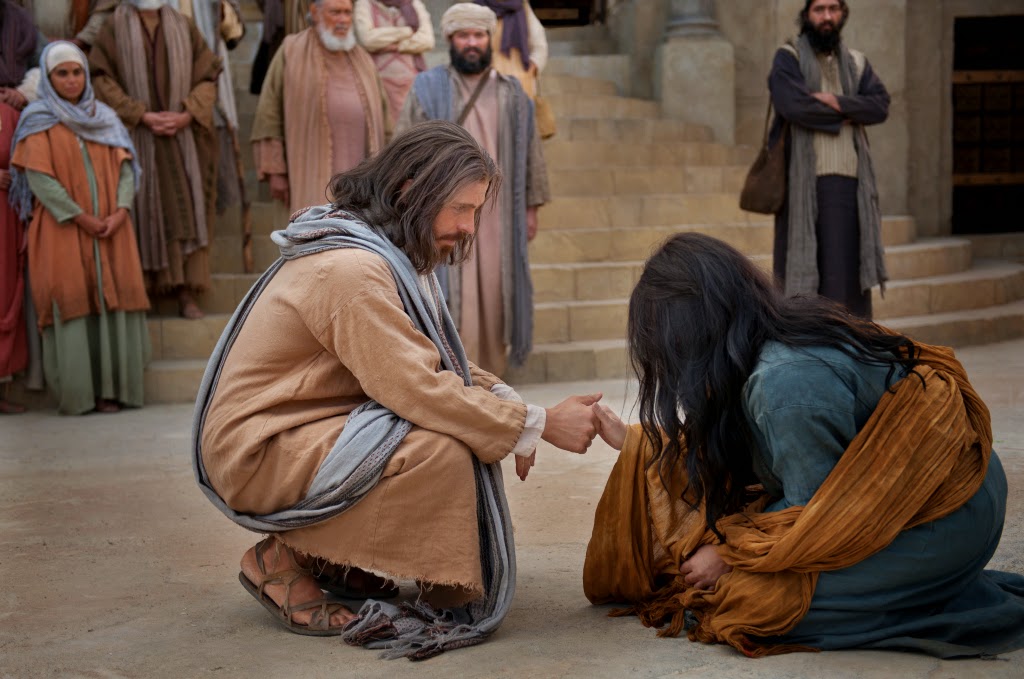Repentance and Forgiveness
“Successful marriages and families are
establish and maintained on principles of…repentance (and) forgiveness.”
“
Repentance and forgiveness are two sides of the same coin and are frequently
addressed together. For example, apologies facilitate forgiveness, and
forgiveness motivates repentance.” (Holeman, 2008)
Repentance
and forgiveness are often thought to have religious application, however,
changing and forgiving are part of learning and are essential to progress in
relationships.
“The
gospel of Jesus Christ challenges us to change…Repenting means giving up all of
our practices-personal, family, ethnic, and national-that are contrary to the
commandments of God. The purpose of the gospel is to transform common creatures
into celestial citizens, and that requires change. (Oaks, D.H. 2003,
November. Repentance and Change.)
“Apologies
are essential for reconciliation. (Lazare, 2004)” However in a case of severe
transgression, it takes more than an apology to restore love and
trustworthiness. It takes genuine repentance.” (Walton and Hendricks,
2012, p.204 Successful Marriages and Families)
For
members of The Church of Jesus Christ of Latter-day Saints, The repentance
process is explained in the manual Gospel
Principles. The steps of repentance are:
1.
Recognize the sin. We admit to ourselves that
we have done something wrong.
2.
Feel sorrow for the sin. Feeling sorrowful, we are
humble and submissive before God, and we come to Him with a broken heart and
contrite spirit.
3.
Forsake the sin. We stop committing the sin
and pledge to never do it again.
4.
Confess. We should confess all our
sins to the Lord. In addition, we must confess serious sins that might affect
our standing in the Church to the proper ecclesiastical authority.
5.
Make restitution. Insofar as possible, we make
right any wrong that we have done.
This
is a process that needs to be learned. The Lord will help us to forgive as we
seek His help. Here is a five step process by Wortington found in the Five
Steps to forgiveness: The art and science of forgiving.
Worthington,
E. (2001). Five Steps to forgiveness: The art and science of forgiving. New
York: Crown Publishers
1.
Recall the hurt. It is human nature to try to
protect ourselves from pain. In order to forgive, we have to be clear about the
wrongdoing and acknowledge the injury.
2.
Empathize. Empathy involves borrowing
the lens of another person so we see something from their point of view.
3.
Offer the altruistic gift of
forgiveness. Forgiving
with altruism (unselfish regard for or devotion to the welfare of others)
is easier when the victim is humbled by an awareness of his or her own
shortcomings and offenses, with special gratitude for those occasions when he
or she was freely forgiven.
4.
Commit publicly to forgive. The victim has a better
chance of successful forgiveness if he or she verbalizes the forgiveness
commitment to another person.
5.
Hold on to forgiveness. After completing the
forgiveness process, victims may still be haunted on occasion by the pain of
the offense. During this stage it is important to move forward.
“Repentance
and forgiveness are divine expectations that are particularly relevant to
family life. The question is not if forgiveness should take place, but how?
True healing comes only through experiencing the pain of loss and completing
the tasks associated with repentance and forgiveness. In the end, sincere
repentance and genuine forgiveness are gifts from God made possible through the
Atonement of Christ.” (Walton and Hendricks, 2012, p.210 Successful
Marriages and Families)
We
are all a work in progress. Each family member should remember that no one is
perfect. Communication is key to sharing how we feel in a kind manner to open
up issues that need to be discussed. The Savior’s Atonement makes it possible
for each of us to change, be forgive and heal. It is an ongoing process and the
Lord is patient and loving in the journey. May we each commit to seek
forgiveness and repent of our own wrongdoings to strengthen our family
relationships.




.jpg)
